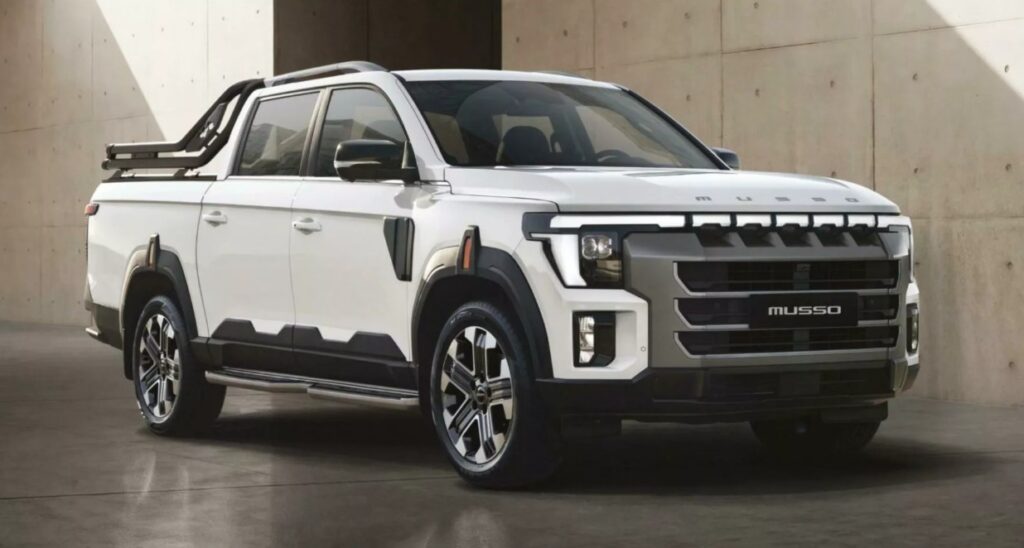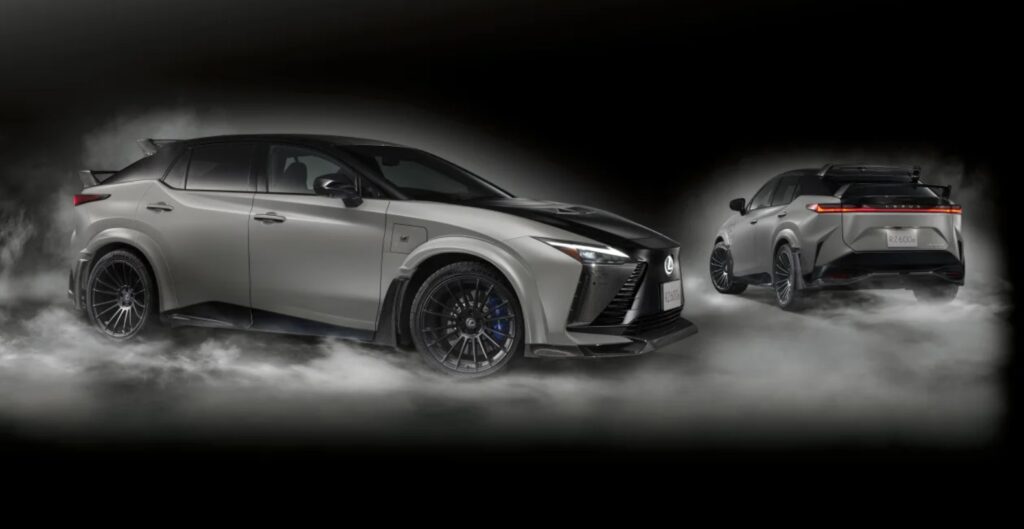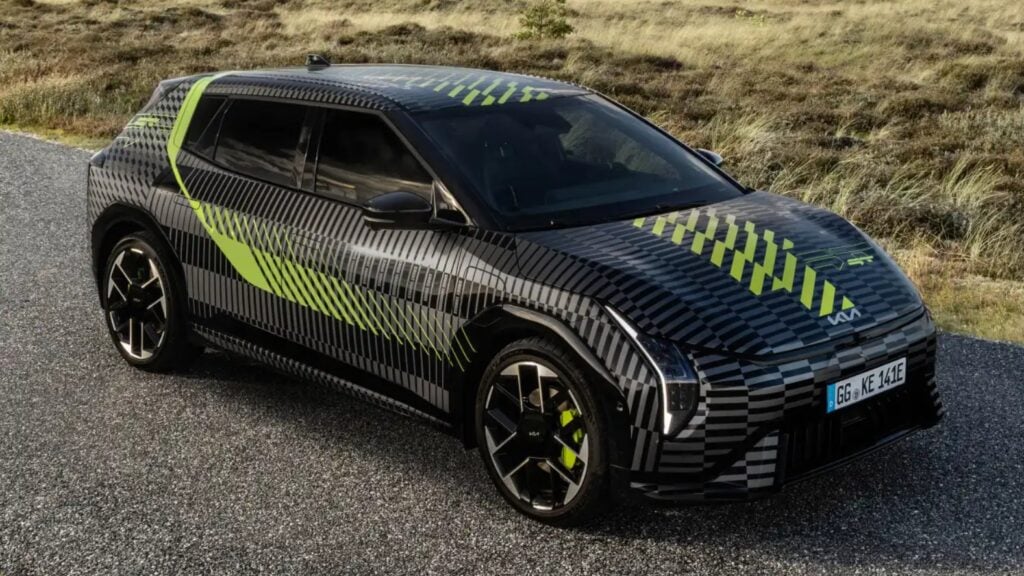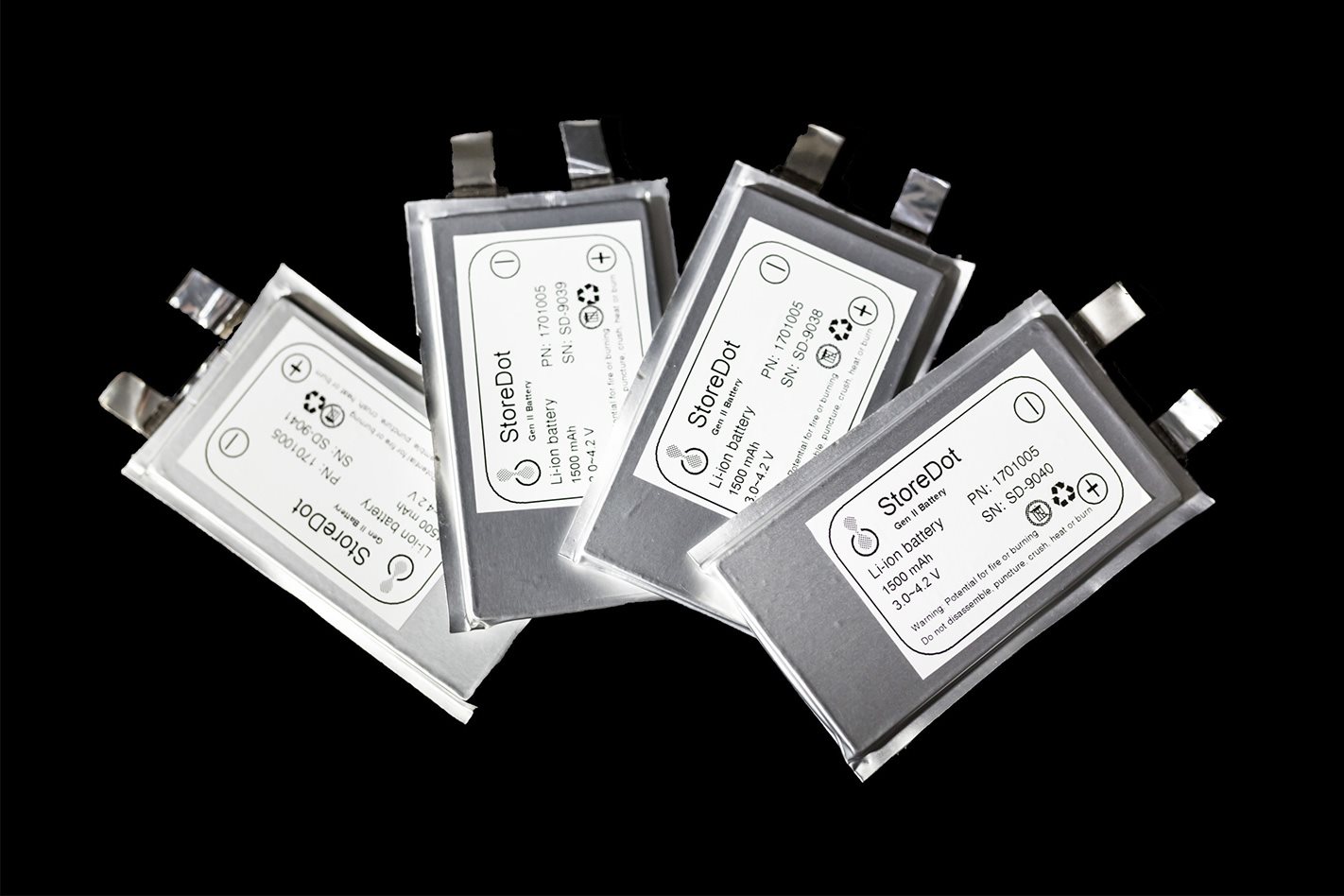
Electric car batteries that can charge to full capacity in five minutes have been developed in a proof-of-concept study that could see the new battery technology adopted by carmakers worldwide.
Created by Israeli start-up StoreDot and manufactured by Eve Energy in China, the batteries charge to 100 per cent capacity about as quickly as it takes to fill up an internal combustion engine’s fuel tank.
This time is based on charging a 50kWh battery, similar to the one you’d find in the base Tesla Model 3, which has a range of about 500km.
By comparison, current high-output fast-chargers are capable of charging some batteries from zero to 80 per cent in 30 minutes, depending on the car.
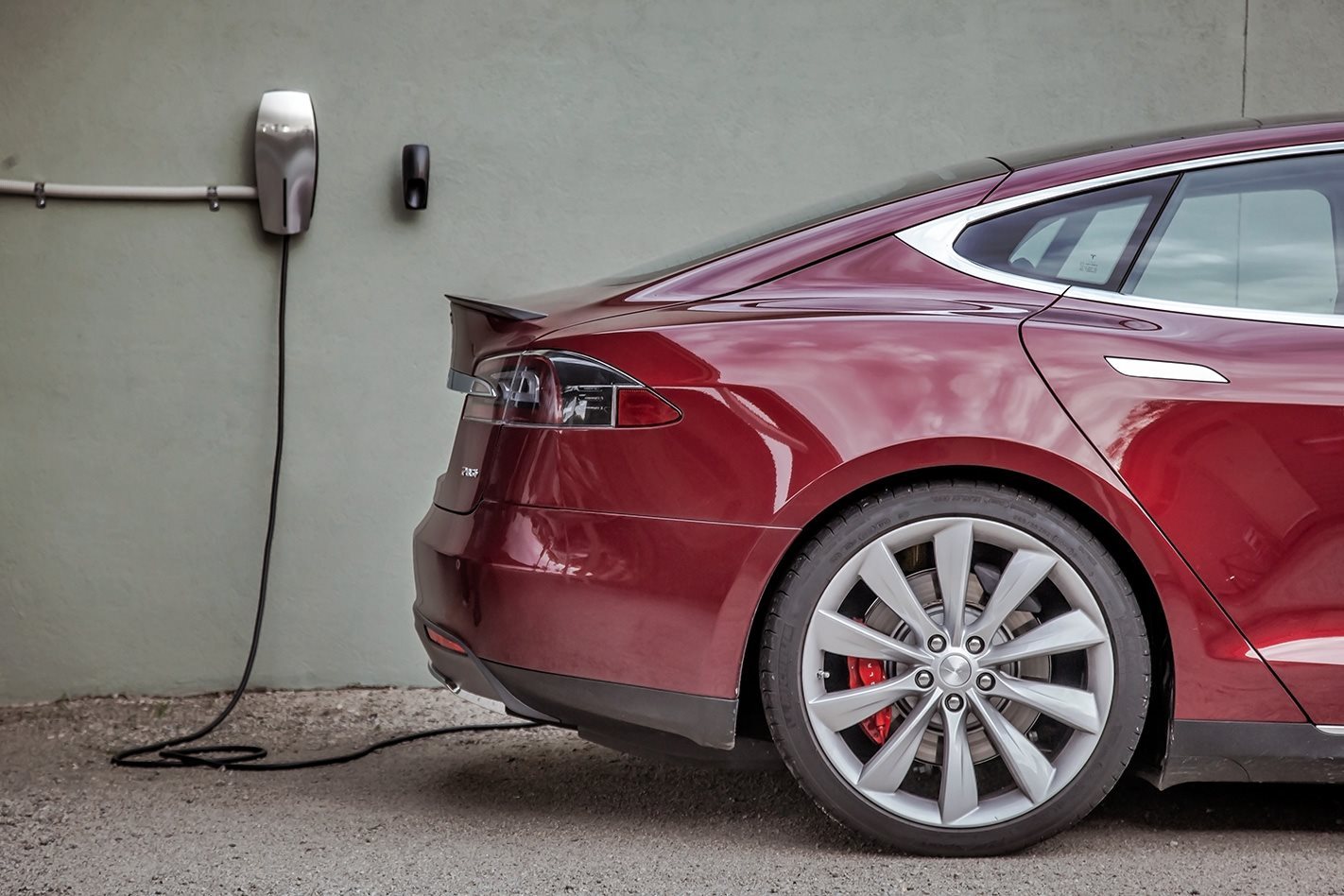
The so-called extreme fast charging (XFC) technology uses existing lithium-ion batteries but replaces conventional graphite electrodes with semiconductor nanoparticles, through which ions can pass more freely.
There is also far less chance of short-circuiting the battery, thanks to the freer-flowing ion structure.
These first-generation samples use nanoparticles based on germanium, though StoreDot is trying to implement the use of more affordable silicon in its second-generation prototypes that are due later this year.
Importantly, StoreDot says the batteries will not cost more than regular lithium-ion batteries. They are able to be manufactured on existing lithium-ion production lines at Eve Energy, cutting down on costly capital expenditure to create bespoke manufacturing lines.
Until now, developing fast-charging batteries has been restricted by battery technology limitations, but the development of extreme fast charging (XFC) batteries has flipped the spotlight onto how fast the chargers themselves can function.
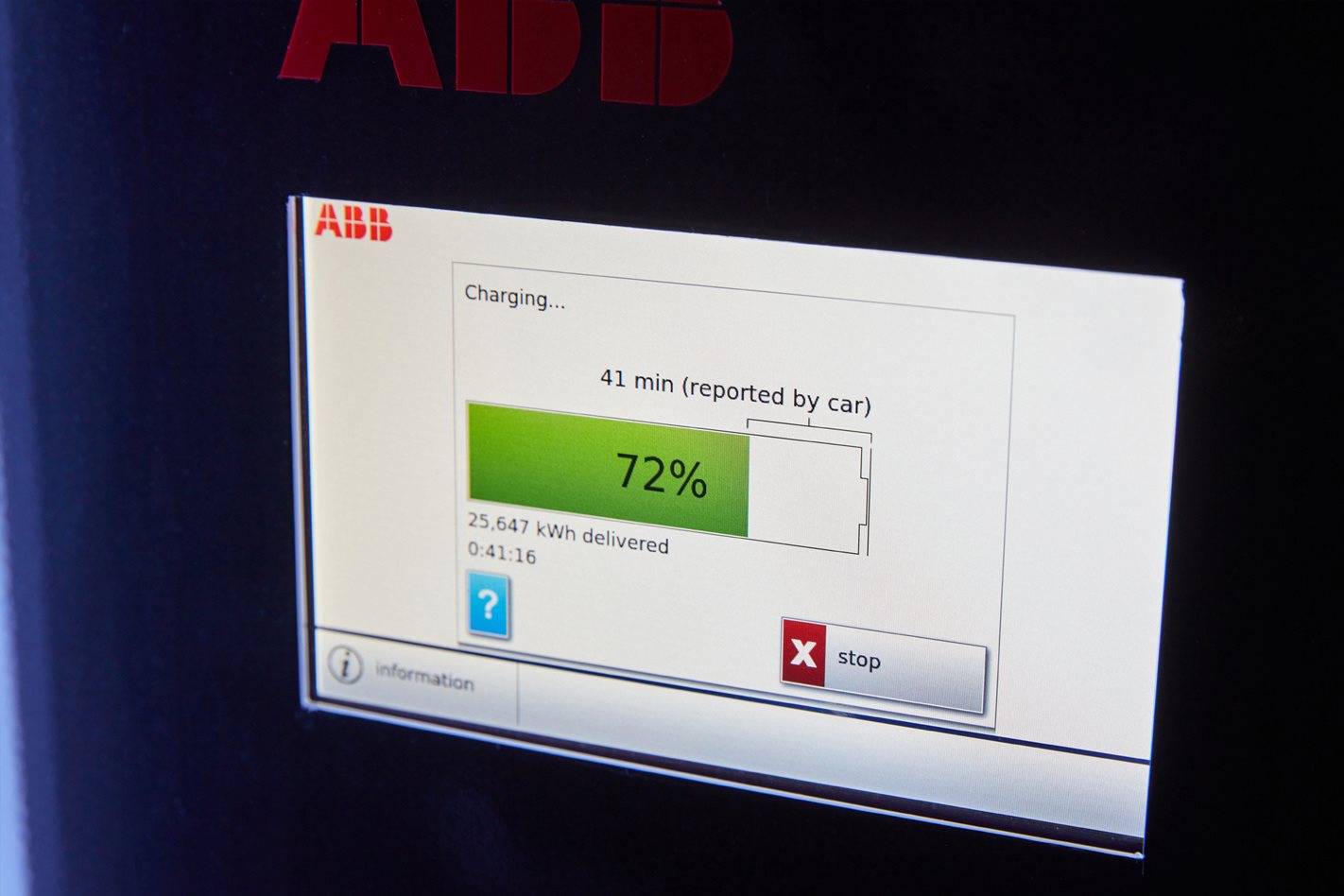
While the batteries could be charged in five minutes, the rate of charge needed would require higher-powered chargers than are currently available.
Using existing infrastructure, StoreDot’s more realistic goal is delivering 160km of range in five minutes.
This level of XFC capability was first tested by StoreDot on electric scooters and drones, but the ultimate goal has always been to supply XFC batteries to carmakers.
“Today’s milestone is just the beginning. We’re on the cusp of achieving a revolution in the EV charging experience that will remove the critical barrier to mass adoption of EVs,” said StoreDot CEO Doron Myersdorf.
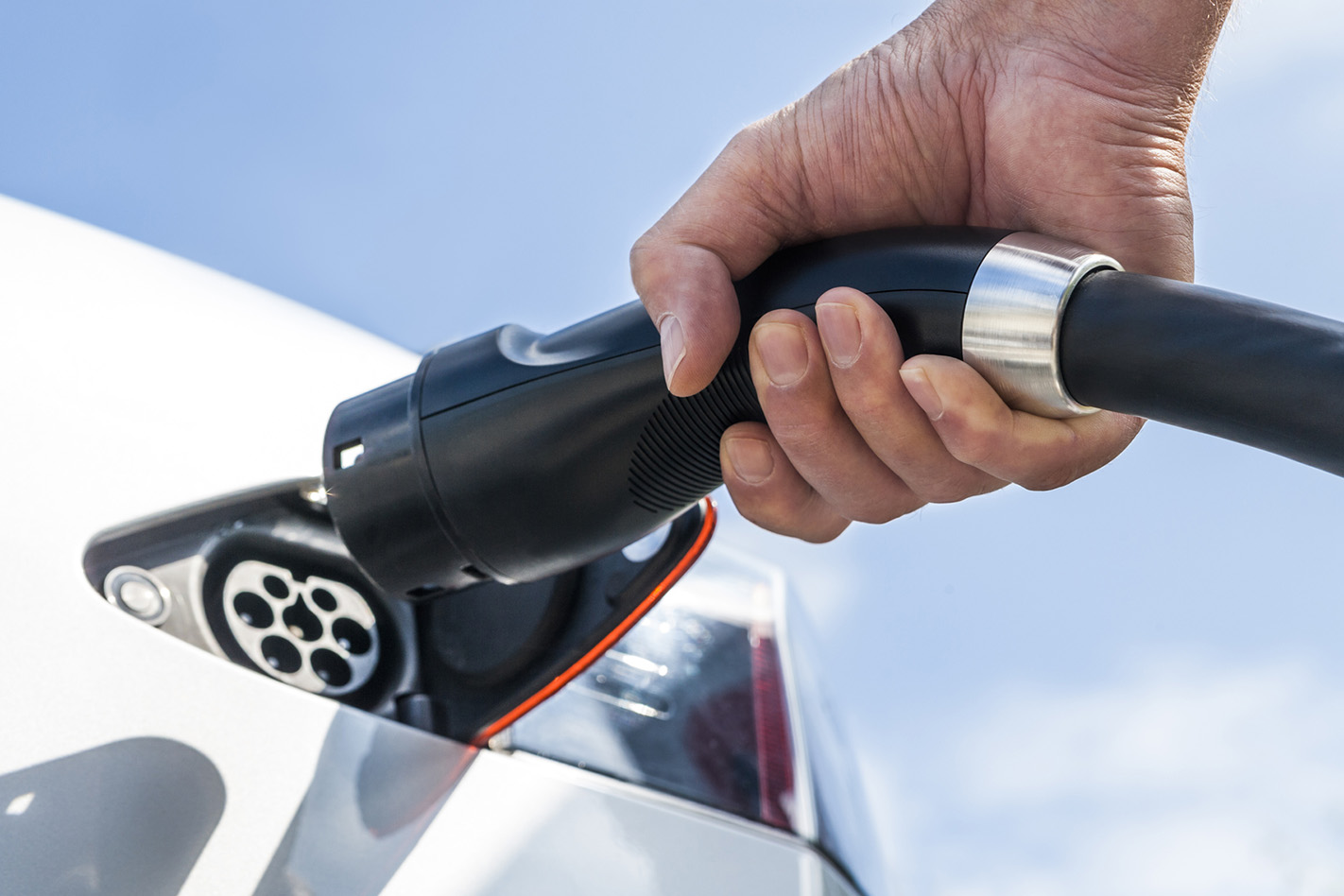
“[XFC is moving] for the first time beyond innovation in the lab to a commercially-viable product that is scalable for mass production.
“This paves the way for the launch of our second-generation, silicon-dominant anode prototype battery for electric vehicles later this year.”
StoreDot has secured funding and formed strategic partnerships with companies like BP, Samsung, TDK and Daimler, which will help the start-up deploy its new battery technology across the world when it’s ready to be rolled out at a commercial level.

